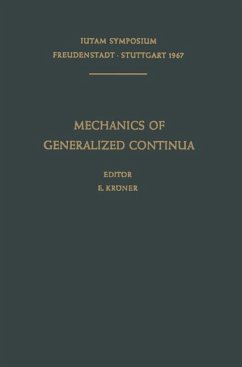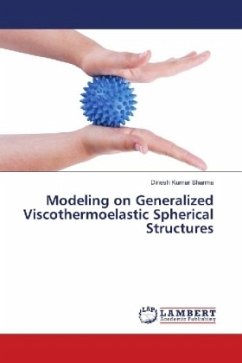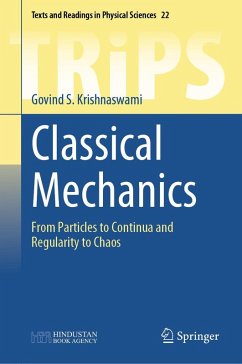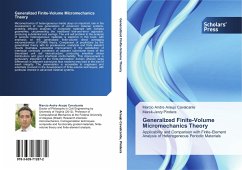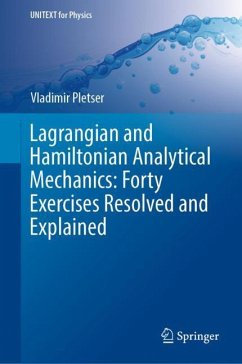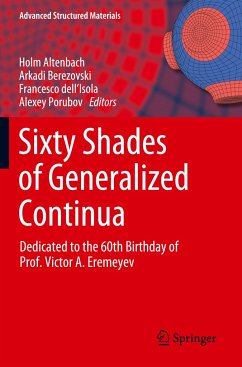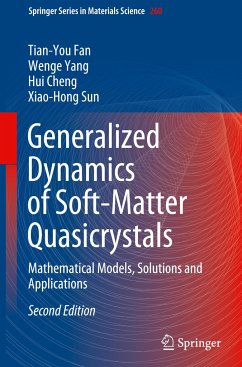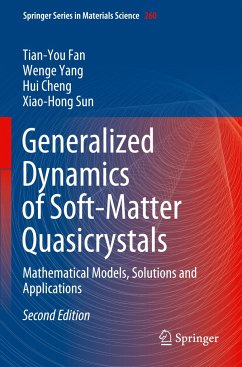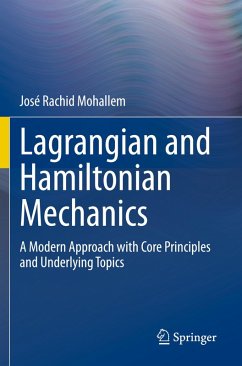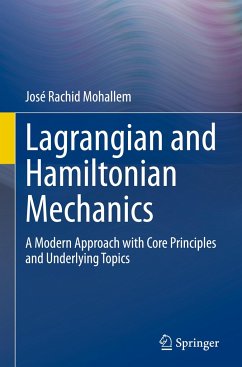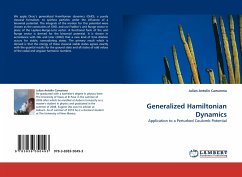
Generalized Hamiltonian Dynamics
Application to a Perturbed Coulomb Potential
Versandkostenfrei!
Versandfertig in 6-10 Tagen
32,99 €
inkl. MwSt.

PAYBACK Punkte
16 °P sammeln!
We apply Dirac s generalized Hamiltonian dynamics (GHD), a purely classical formalism, to spinless particles under the influence of a binomial potential. The integrals of the motion for this potential were chosen as the constraints of GHD, and use Fradkin s unit Runge vector in place of the Laplace-Runge-Lenz vector. A functional form of the unit Runge vector is derived for the binomial potential. It is shown in accordance with Oks and Uzer (2002) that a new kind of time dilation occurs for stable, nonradiating states. The primary result which is derived is that the energy of these classical s...
We apply Dirac s generalized Hamiltonian dynamics (GHD), a purely classical formalism, to spinless particles under the influence of a binomial potential. The integrals of the motion for this potential were chosen as the constraints of GHD, and use Fradkin s unit Runge vector in place of the Laplace-Runge-Lenz vector. A functional form of the unit Runge vector is derived for the binomial potential. It is shown in accordance with Oks and Uzer (2002) that a new kind of time dilation occurs for stable, nonradiating states. The primary result which is derived is that the energy of these classical stable states agrees exactly with the quantal results for the ground state and all states of odd values of the radial and angular harmonic numbers.



